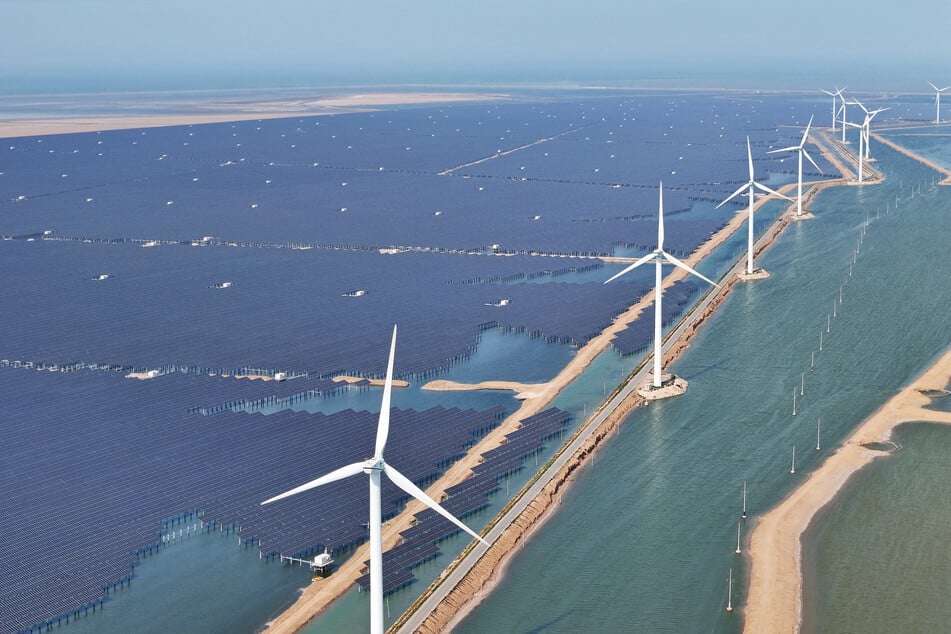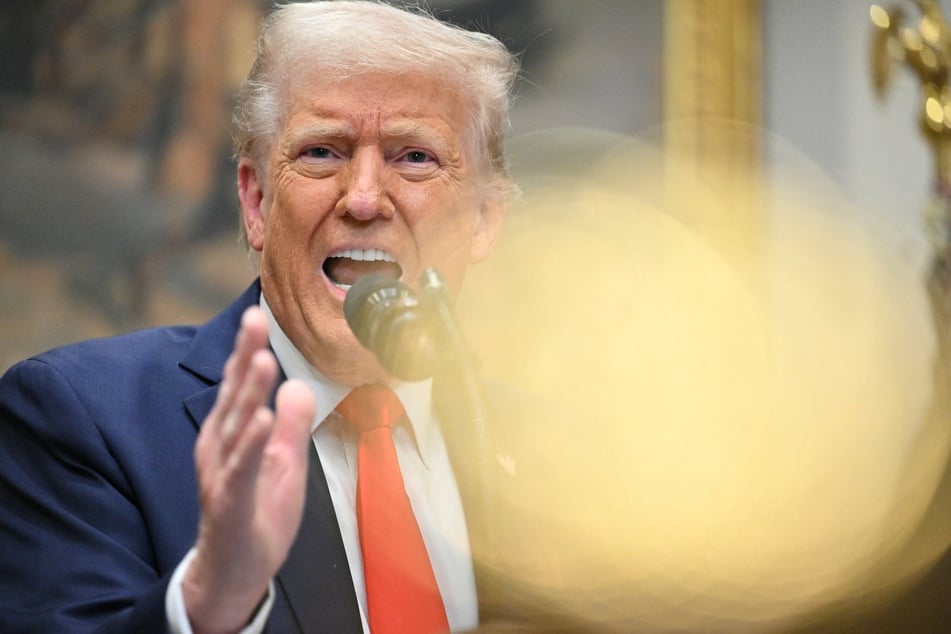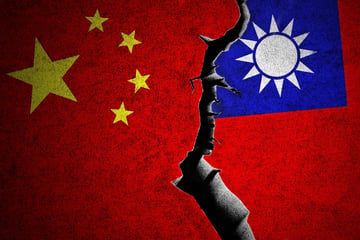China to release new emissions-cutting plan amid Trump's fossil fuel push
New York, New York - All eyes are on China this week, as the world's biggest polluter readies a new emissions-cutting plan – reinforcing its role as a steadfast defender of global climate diplomacy while Europe stalls and the US doubles down on fossil fuels.

United Nations Secretary-General Antonio Guterres has convened a mini climate summit on Wednesday during a week of high-level talks, where Beijing is expected to unveil its updated "Nationally Determined Contributions."
These need to be in place before the main climate gathering of the year, the COP30 summit in Belem, Brazil, in November.
Although China accounts for nearly 30% of annual global greenhouse gas emissions, it has increasingly positioned itself as a driving force in international climate talks and as a green technology superpower.
It has strongly backed the UN process under the Paris Agreement despite the second departure of its principal geopolitical rival, the US.
"China is a very stable partner," Brazil's Ana Toni, CEO of COP30, told AFP. "We are expecting China to continue on the right path. Let us hope that the other players will do the same."
Chinese Premier Li Qiang is poised to be the first speaker at the mini summit and could unveil the new plan then, or it may come before.
What China chooses as its 2035 emissions reduction target could make or break the Paris goal of limiting warming to "well below" 2C since preindustrial times and preferably 1.5C – a target Guterres told AFP last week could be at risk of "collapsing."
Beijing has said its 2035 plan will, for the first time, cover all economic sectors and greenhouse gases.
Trump administration goes all in on fossil fuels as China aims to scale back

Under its last plan, announced in 2021, China said it would aim to peak carbon dioxide emissions before 2030 and achieve net zero by 2060 – deemed highly insufficient by groups that track such targets.
But observers say it is more important to watch what China does than what it says.
"The China approach is 'We'll set a modest target then outperform it,'" Helen Clarkson, CEO of the international nonprofit Climate Group that runs Climate Week in New York City every September told AFP.
By contrast, the European Union failed to adopt a unified plan ahead of the UN General Assembly, opting for a non-binding statement of intent – although the 27-nation bloc has decarbonized faster than many other developed nations.
And the US under President Donald Trump has recast itself as a zealous promoter of fossil fuels.
During his first term, the US withdrew from the Paris accord.
In his second term, Washington has not simply abandoned climate action but has gone on the offensive for oil and gas interests – threatening to punish countries that participate in the International Maritime Organization's carbon pricing system for shipping and embedding the sale of US liquefied natural gas (LNG) in trade deals, for example.
"Countries are confronted with competing sales pitches, as China tries to sell them solar panels and the US pushes LNG," Manish Bapna, president of the nonprofit National Resources Defense Council, told AFP.
"For China, it's a long-term economic plan, and of course, they can do that because of the structure of their politics," said Clarkson. "What we haven't really figured out is how to do these long-term climate plans on short-term democratic cycles."
Cover photo: AFP

